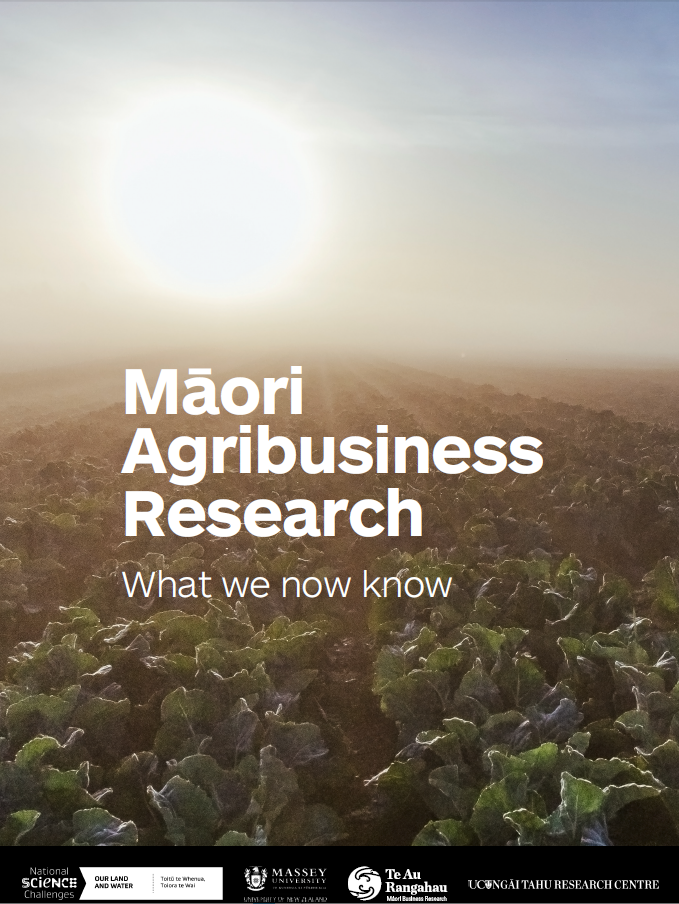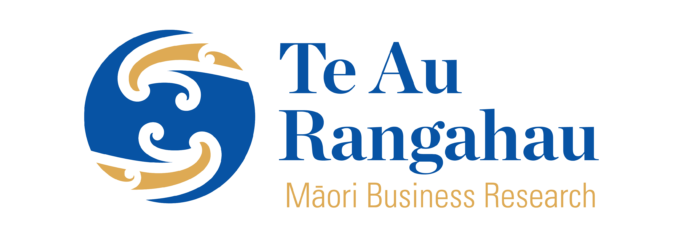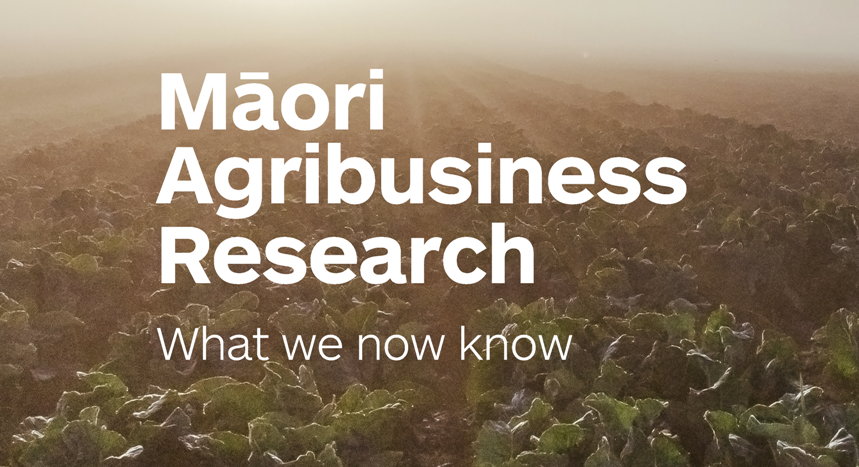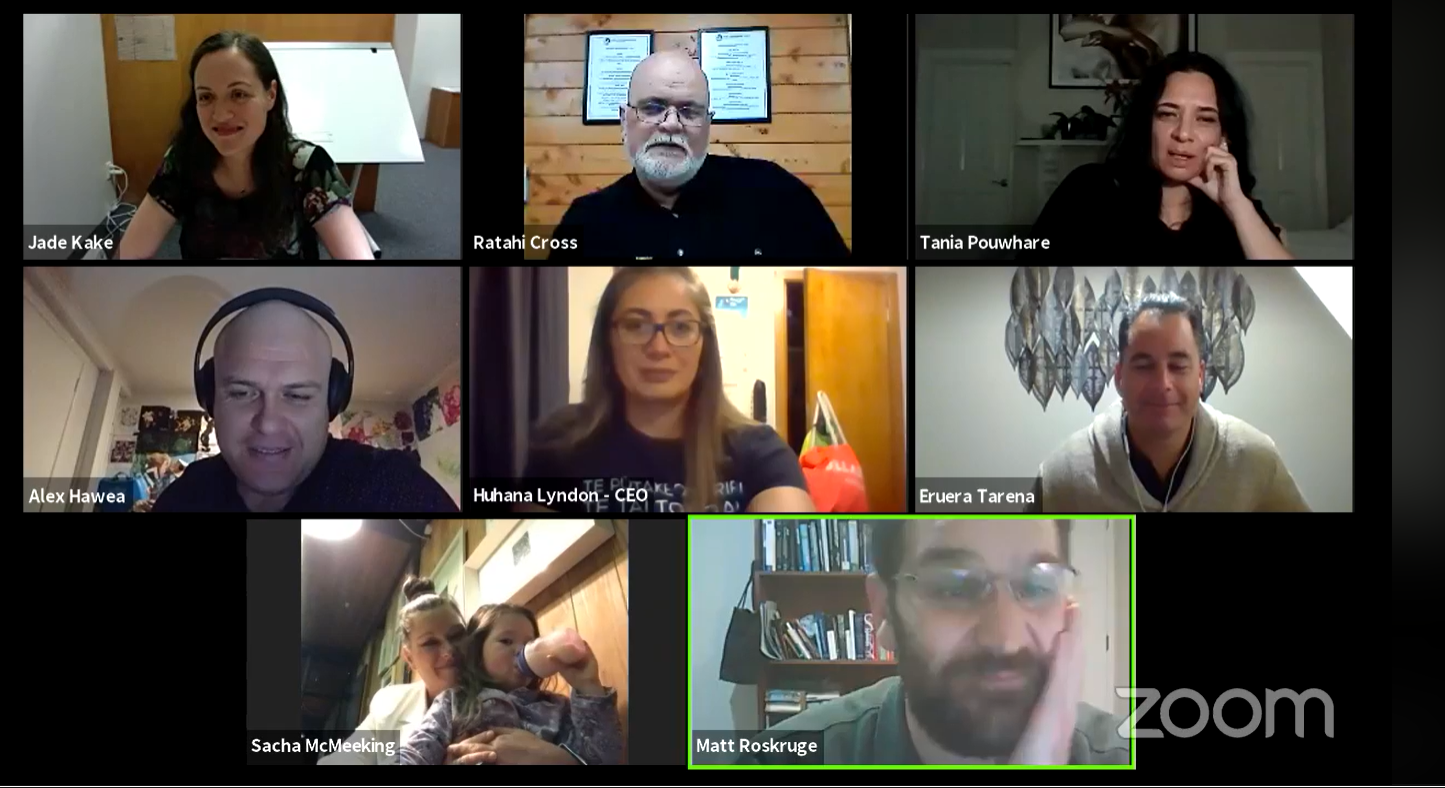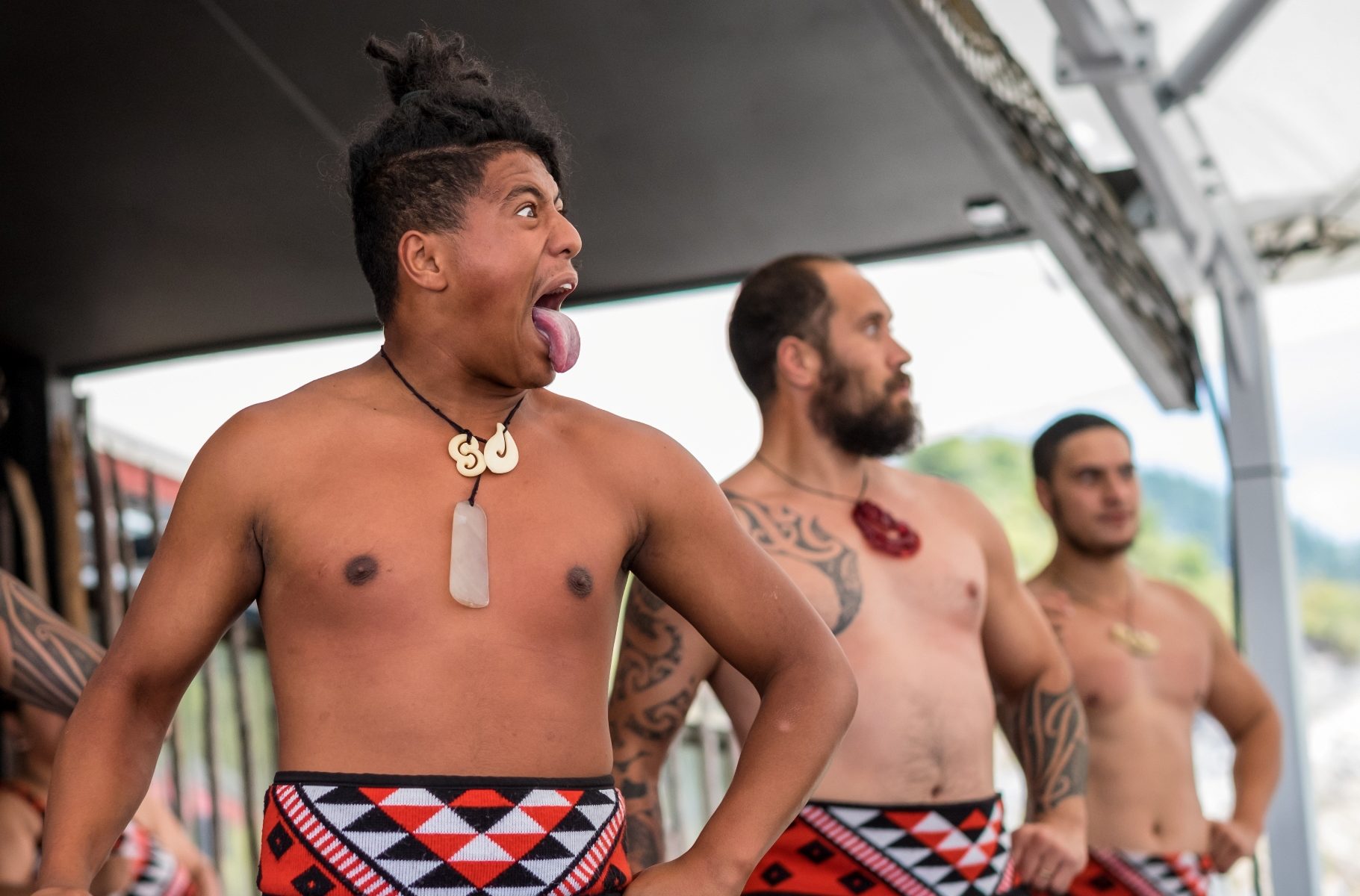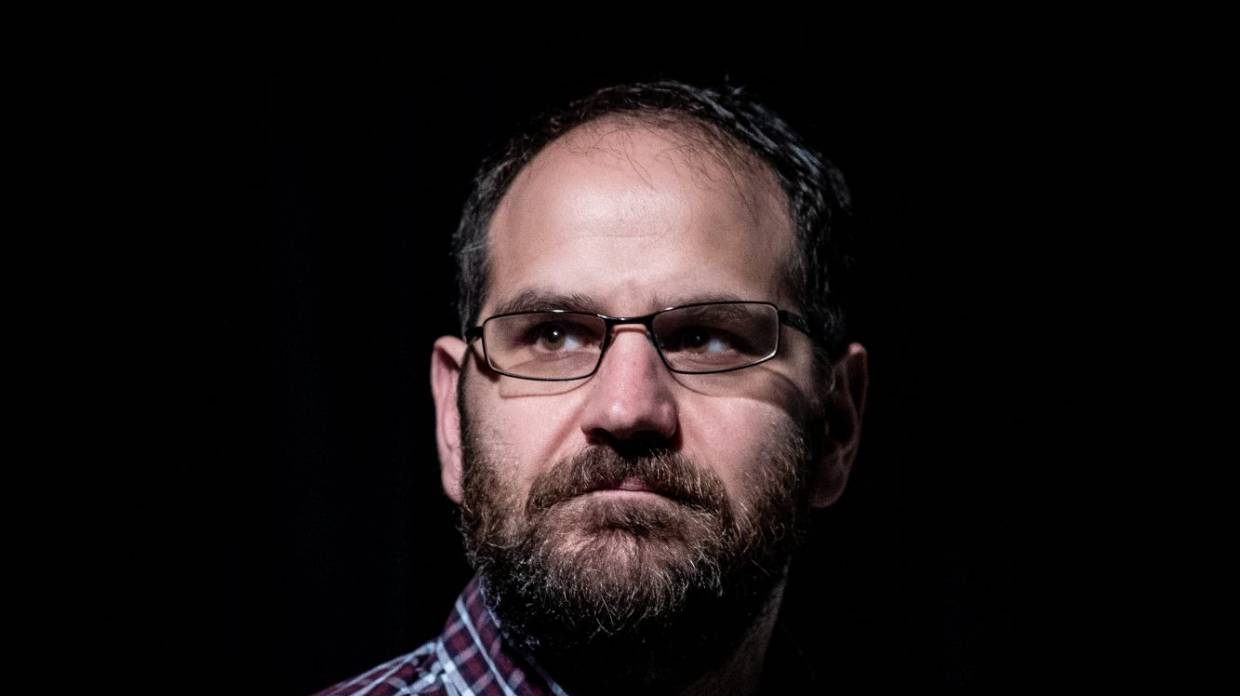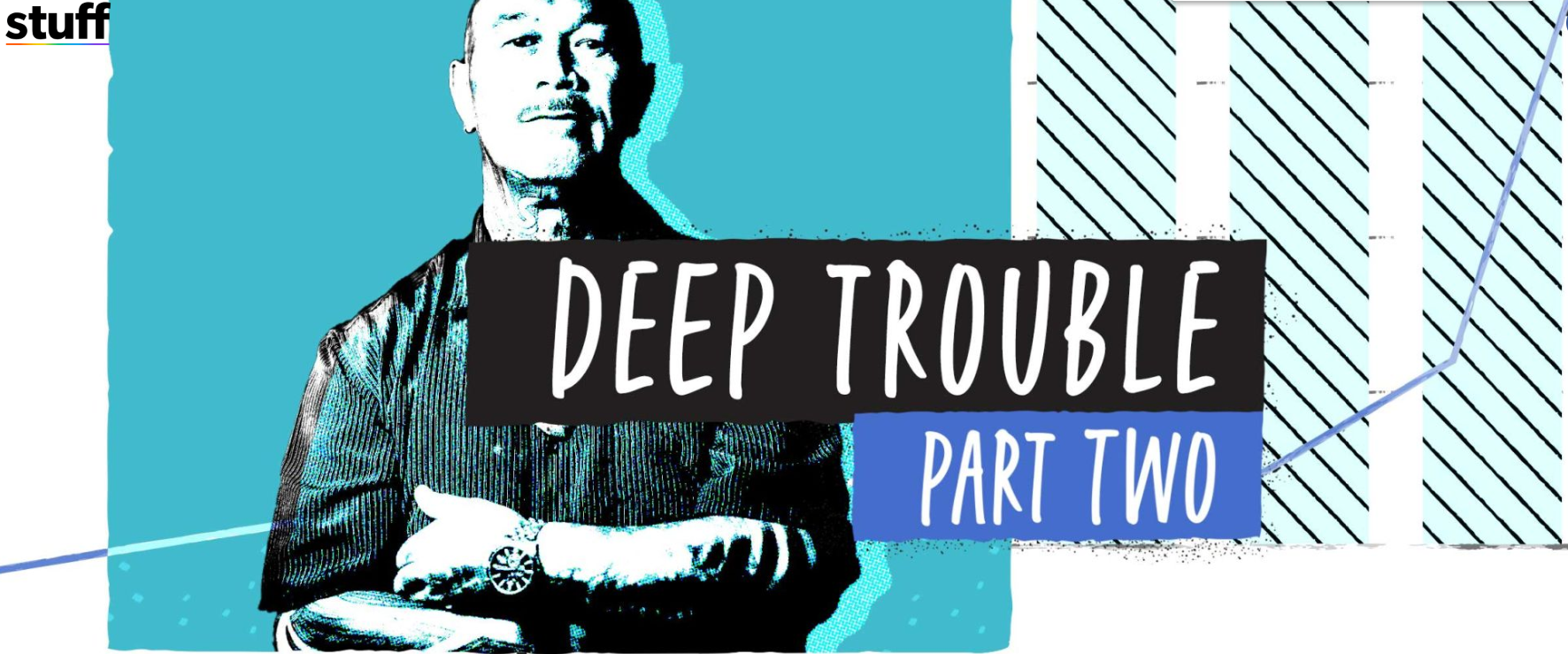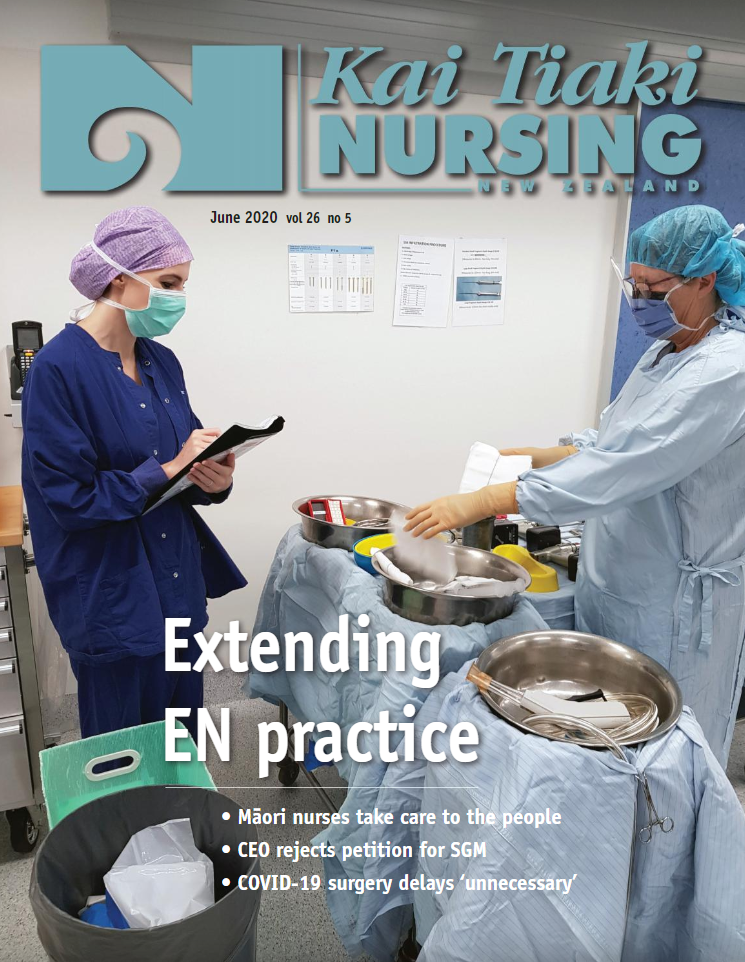As more land is returned to iwi through Treaty settlements, Māori land entities are exploring how to provide for their people while upholding principles such as kaitiakitanga (values of guardianship and mutual responsibility).
Many Māori land trusts and incorporations are recognised innovators in the agribusiness sector. There is also considerable scope for improvement, with some estimates putting the potential for adding value by highlighting cultural attributes as $8 billion over 10 years.
The Māori agricultural sector is therefore crucial to the development of future agribusiness solutions that are productive economically, while also restoring the wellbeing of the land and water resources underpinning agriculture for future generations.
Māori agribusinesses experience unique opportunities and limitations as a result of competing market, legislative, cultural and social factors.
Here’s what we now know:
Learning 1: Key principles and domains
Four key principles constrain and shape actions of Māori land trusts and incorporations:
- Whai rawa – the principle of financial profitability
- Kaitiakitanga – the principle of protecting the environment
- Mana whakahaere – the principle of leading well
- Whanaungatanga – the principle of caring for the community
Five key domains determine their success or failure:
- Financial capacity – the ability to access working capital
- Skills and knowledge – governance and operations
- Relationships and trust – social capital and networks
- Paths to market – market access and branding
- Regulatory environment – legislation
Learning 2: Māori values pay off
When you apply Māori values and emphasise protection and restoration of the mauri and whenua using Māori values, the result is a more sustainable, profitable and productive farm.
Conventional wisdom tells us too much focus on cultural values and environmental sustainability will diminish productivity. This research demonstrates otherwise; cultural values will enhance a farm’s ability to be productive, financially and environmentally sustainable.
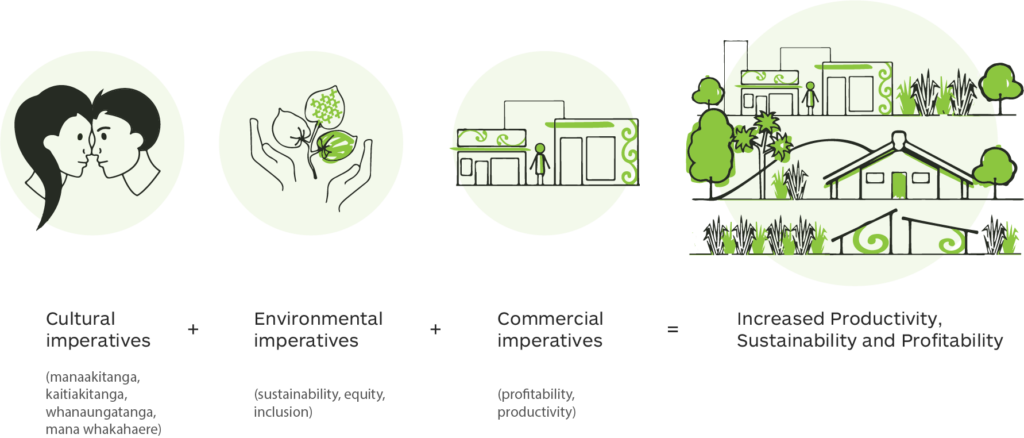
Learning 3: Rethink performance measures
So how do Māori farms manage to uphold cultural and environmental values while increasing productivity?
They naturally and deliberately incorporate Māori values into their decision-making and governance.

Māori farms, whether they are managed by Māori, pakeha, sharemilkers or others, attempt to incorporate and emphasise those Māori values.
It’s a different kind of measure to what the performance of a farm looks like. Yes the financial, productive values are there but they’re also measuring the mauri of the whenua. Which is hard to quantify but it is how they express it.
Learning 4: Strong correlations among values, rather than trade-offs
Māori agribusiness value-drivers work in synergy.
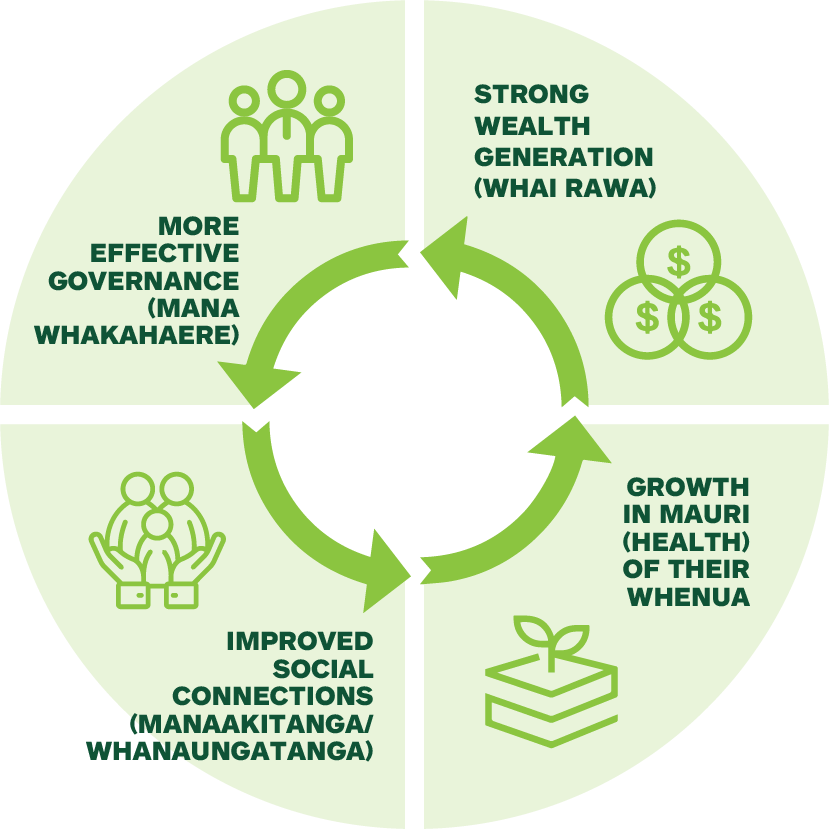
Learning 5: Enablers and constraints on Māori agribusiness
Successful Māori agribusinesses focus on continual improvement, product quality, and future vertical integration.
Leading Māori land incorporations and trusts (MALITs) are diversifying beyond standard farming practices (such as sheep, beef and dairy) into honey, tourism, hemp, organic, goat and dairy sheep farming. .
While top-heavy governance and use of consultants was noted as a flaw in the literature, most successful agribusinesses learned to make the most of these apparent flaws and, in some cases, turn them into advantages.
| One of the “big myths of governance”, according to one MALIT* “is you actually need to understand where you need to have advice.” They successfully engage with a farm consultant “…to paper over the cracks of lack of expertise around the board table” and “get some science behind some of the things that we’re doing.” Another participant, talking about both consultants and metrics, outlined that because of the issues that the board’s had over the last five to eight years [the consultant was] brought in to be a lot more than just a technical advisor, [now he] just runs numbers, really looking at what can drive our performance and then how we make our environmental plan work… how we utilise surpluses and how we fill deficits from a cash point of view. |
However, the vast majority of Māori agribusinesses face constrained opportunities to access premium markets, remaining dependent on their supply chains to communicate their credentials to market and access premiums.
As a result of this research, an online tool to measure enablers and constraints on Māori agribusinesses has been developed.
The Kohuratia website provides Māori agribusiness in Aotearoa – or anyone interested in moving toward an agribusiness driven by Māori values – with a snapshot of the current constraints their operations are faced with, and identifies the most impactful actions an organisation can make.
Learning 5: Open up the conversation
These findings can support all farmers of Aotearoa New Zealand. Whether Māori or non-Māori, the broader farming community could benefit from having conversations with their Māori farmer neighbours.
Snapshot of Maori agribusiness
50%
surveyed were actively seeking access to premium markets.
94%
supply straight to a processor, rather than processing and distributing to customers themselves
5%
outline that they are actively engaged in the supply chain to connect with their customers. This is presumably the 5% of agribusinesses surveyed supplying directly to consumers.
50%
make efforts to create products demanded by premium markets.
45%
are adopting integrative farming approaches (i.e. mixed/mosaic land uses) to improve environmental performance, spread risk, and in turn elevate their sustainability credentials to meet both market expectations and kaitiaki (environmental) stewardship values.
36%
are using industry benchmarking and key performance indicators (KPIs) to improve their market environmental credentials to meet increasing consumer demand for these attributes.
9%
belong to quality assurance schemes, which are designed to provide international market assurance concerning the environmental and social credentials of product.
18%
are working on their own unique brand and story to communicate their values to markets
9%
are actively working on initiatives to target niche premium markets.
25%
constrained by lack of processors to take and market premium products. This is the largest barrier.
18%
attributed problems with making decisions inside their organisations as a constraint to taking clear actions to engage in premium value chains.
25%
have trouble accessing the skills, capabilities, knowledge, networks, and financial capital to develop premium products that represent their values.
| Toitu te Whenua, Toitu te Koira, Toitu te Tikanga – Whenua, Life, Values! Whenua Life, Values Is a research project funded by Our Land and Water – Toitū te Whenua, Toiora te Wai, and completed in 2019. Authors: Matthew Rout (University of Canterbury), John Reid (University of Canterbury), Jason Mika (Massey University), Anne-Marie Gillies (Ngā Pae o te Māramatanga, Te Puna Ora o Mataatua, Te Rūnanga o Ngai Tahu), Diane Ruwhiu (University of Otago) and Shaun Awatere (Manaaki Whenua Landcare Research). The aim of the research was to understand the constraints and opportunities Māori agribusinesses experience and to develop a tool for Māori agribusiness to best manage competing demands and opportunities, including tensions between economic and cultural values in business. Learn more. |
Notes
*From the article, Māori agribusinesses: the whakapapa network for success. Jason Mika, Matthew Rout and John Reid
